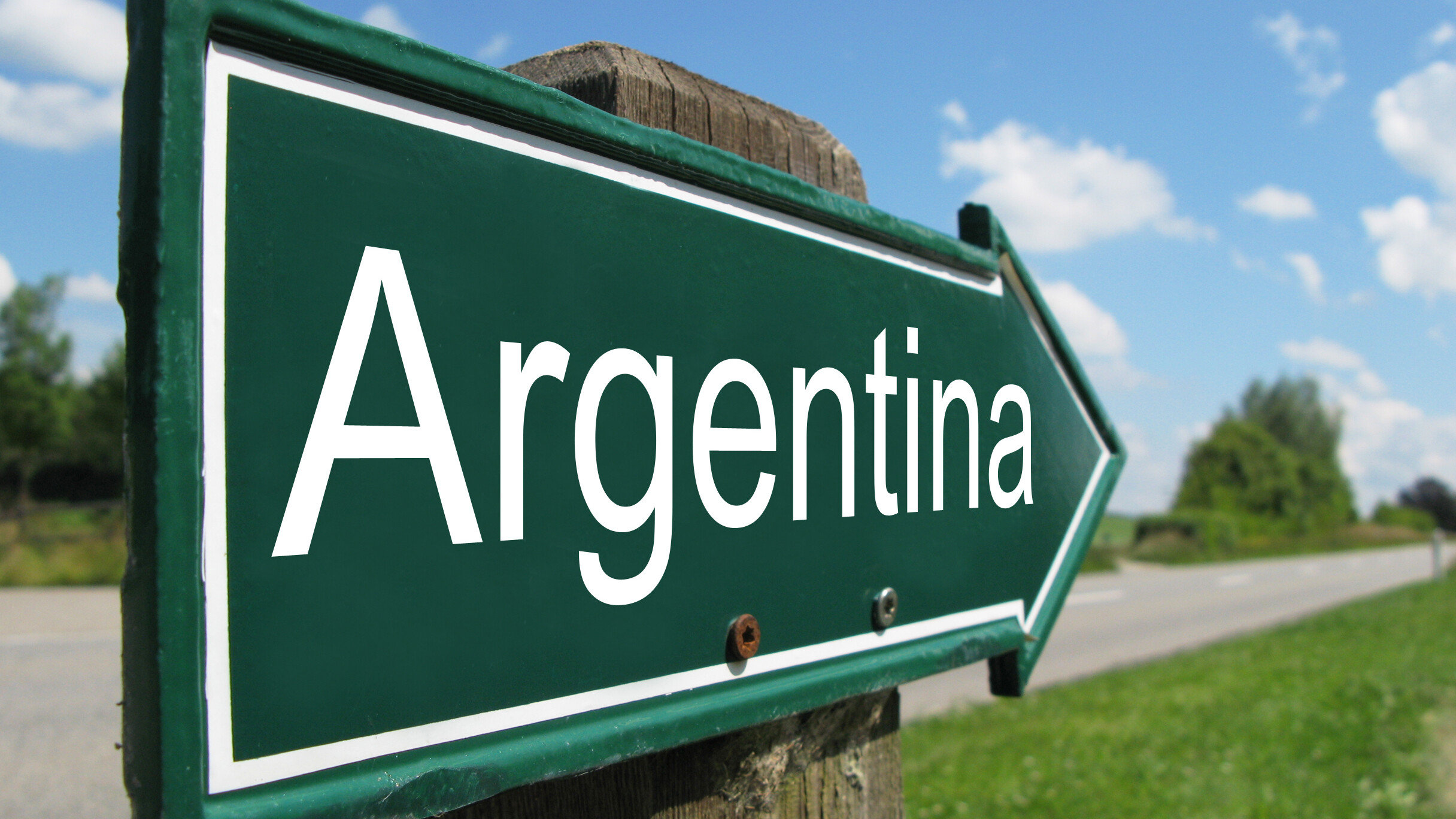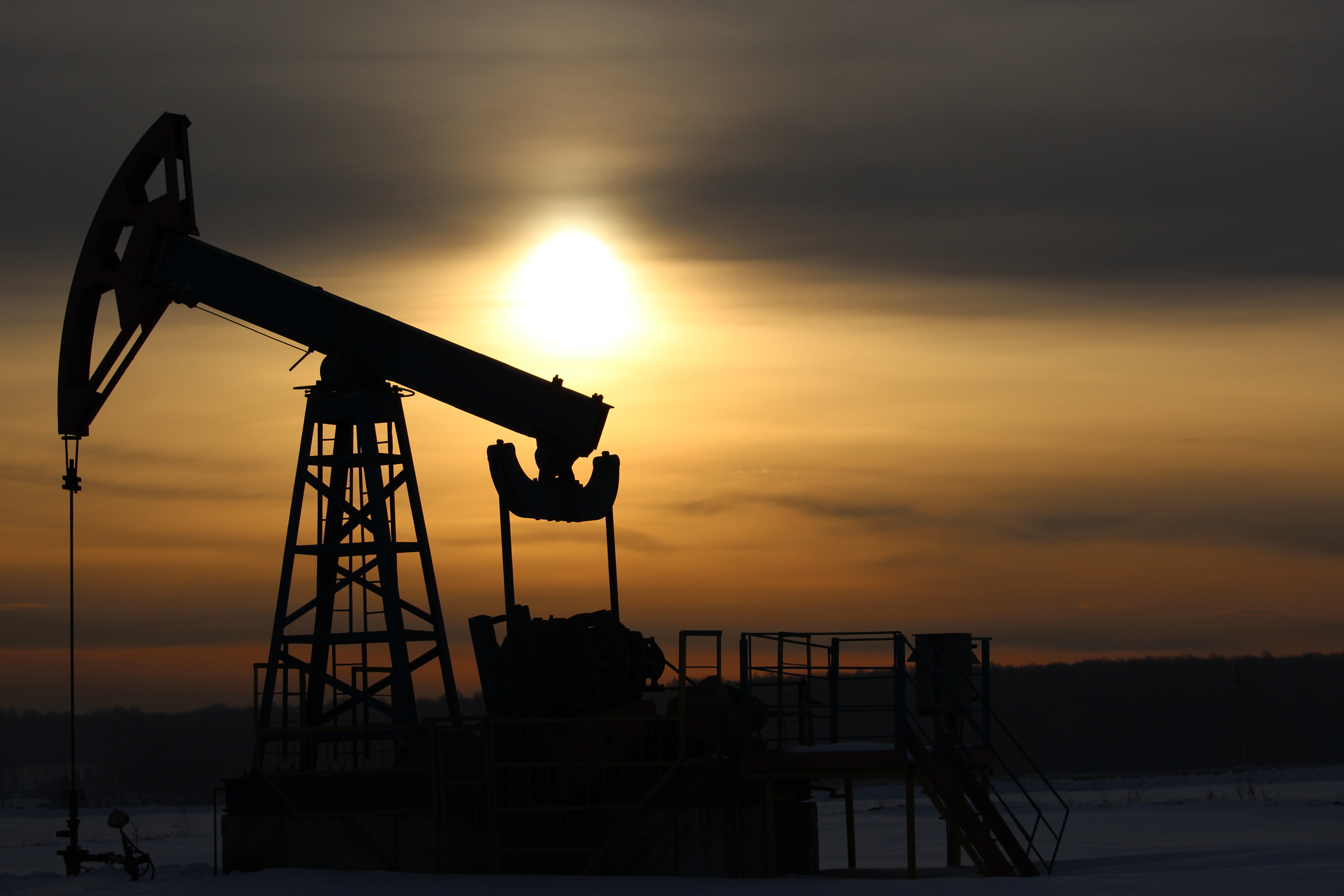Change of direction for Argentina?
Argentina's unorthodox policies have made it plenty of enemies in the world of international finance yet recent policy shifts suggest that it could be about to reward long-term investors...

Argentina – the economy that Western pundits love to hate
In recent years Argentina has become L’enfant terrible of the investment world. Chased in courts around the world by angry bondholders, accused of manipulating its financial figures by the IMF and reviled for expropriating foreign firms – it has made plenty of powerful enemies. The constant negative press has led most Western investors avoid the country – but is it really that bad?
Sometimes in the rush to criticise the country people forget that is still one of the region’s major economic powerhouses – and one of the richest, most equal countries in Latin America. Rich in natural resources, it has a booming agricultural export machine and incredible oil and gas potential. But it’s not just a commodity producer. Argentina is also a LatAm tech leader, with a higher ratio of locally produced websites per capita and some of the region’s biggest internet companies.
The critics would say that Argentina has always had potential - it’s just never been good at living up to it. Maybe, but there are some signs that Argentina’s current administration is starting to take steps to make the most of the country’s considerable assets.
Energy crisis
One of the biggest problems in Argentina is energy. Despite the fact that the country has the world’s second-biggest shale gas deposits and the fourth-biggest shale oil deposits it still imports $10bn of energy per year. Until now the problem has been poor policies that haven’t encouraged local production. But now there are signs that could change.

A recent ruling allows producers to sell 20% of their oil and gas abroad at international rates, as long as they have invested $1billion in the country, while local gas prices have also been raised. The government has also settled with Repsol – the Spanish oil firm that lost out when the government expropriated its share of the huge YPF oil company – and is looking to attract other international investors. Meanwhile the newly nationalised YPF has started to boost output. These are all signs that Argentina will increase oil and gas production. If it does the effect on other parts of the economy would be startling. The government would have less need to control capital flight, it would have more money for infrastructure investment, and consumer spending would receive a boost. Indeed economic consultant firm, Capital Economics, believes that it could lift Argentina’s growth to around 5%.
Win friends and influence people
Argentina’s other problem is its terrible relationship with the global financial community. Ever since its default in 2001 the country has been locked out of international debt markets. While the commodity boom was in full flow that didn’t seem to matter but now Argentina’s export earnings are falling, the government realises that being able to borrow has its advantages. But again we can see signs of some improvement here. Economy Minister, Axel Kicillof, recently presented a repayment plan to the Paris Club – a group of rich country creditors – and is due to begin formal negotiations in May. The government has also improved its inflation statistics – a major bone of contention with the IMF. But rehabilitation to the financial community isn’t entirely in Argentina’s hands. A US judge is currently ruling on a dispute with ‘holdout’ bondholders that refused to accept the swaps that Argentina offered following the default. If the judge decides in favour with the holdouts then Argentina will either have to enter into higher repayments or decide to default again – either one of which would derail its attempts to regain access to international credit markets.
There’s no denying that Argentina’s short-term outlook is pretty bleak. The country’s lack of access to dollars is slowly pushing it towards a balance of payments crisis and a bad soy harvest, Chinese slowdown or government spending spree ahead of the 2015 elections could easily tip it into recession. But in the medium term, if Argentina can solve its energy crisis and re-enter the global financial system, it looks well-placed to prove the doubters wrong.
This article first appeared in Canning House